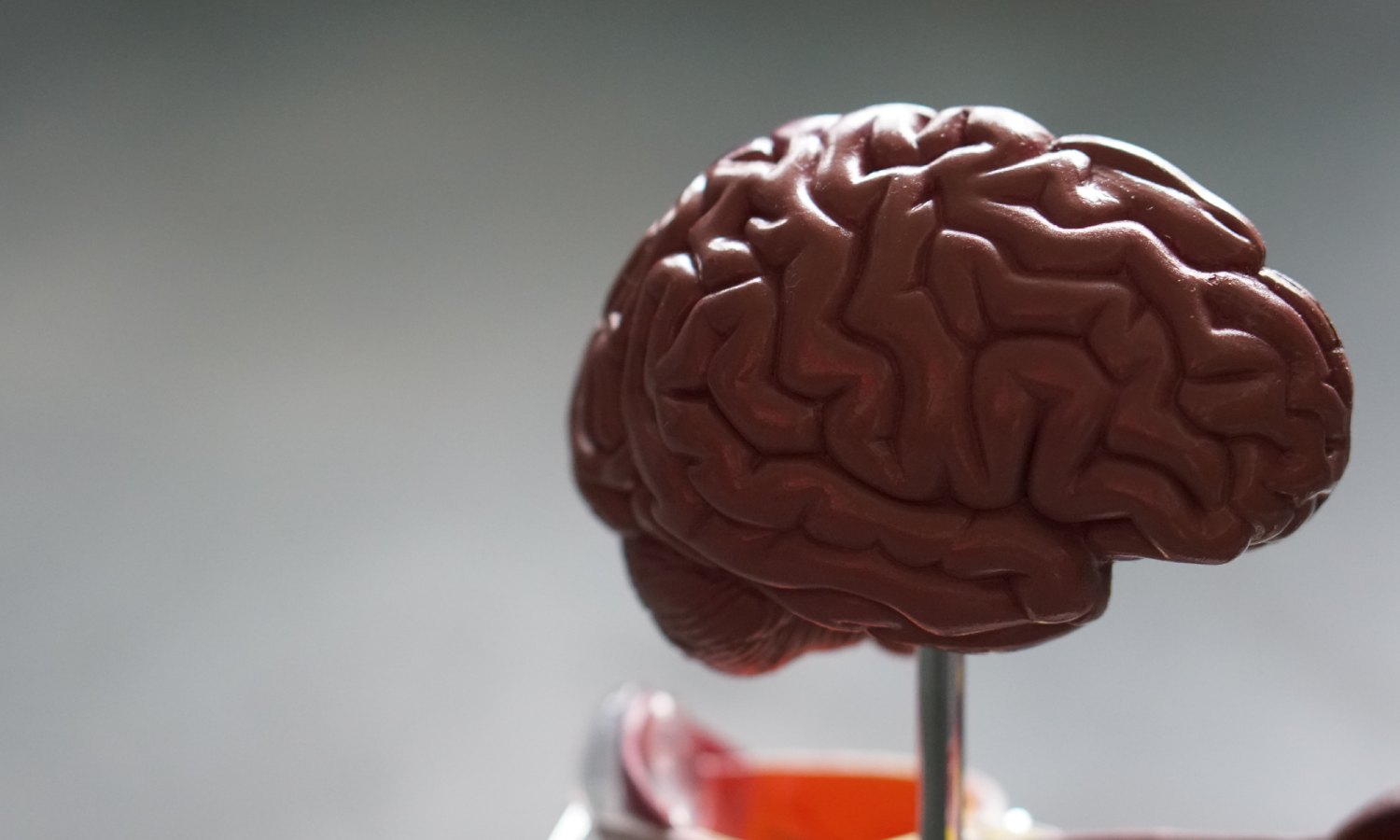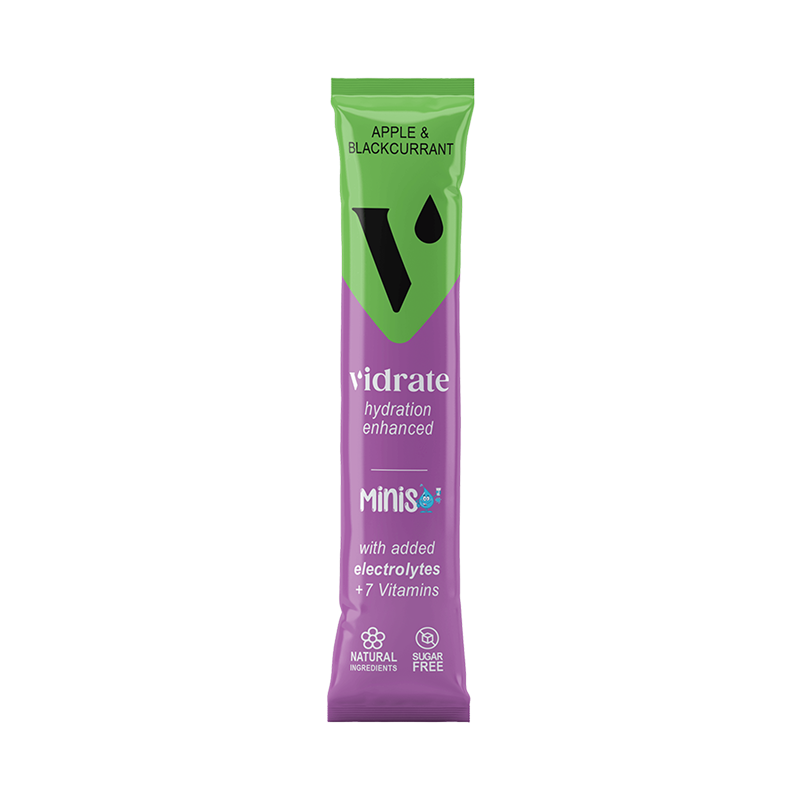

By Rob Owlett
Brain Fog - What is Brain Fog & How To Get Rid of Brain Fog
What is Brain Fog?
Brain fog is a type of cognitive dysfunction that can involve:
- Memory problems
- Lack of mental clarity
- Poor concentration
- Inability to focus
Brain fog is not a medical condition as such, more of a term that is regularly used to describe a person's reduction in the ability to think and complete everyday tasks that would otherwise be done in autopilot.
What is likely to cause it and how to get rid of brain fog?
Many things can increase the chances of brain fog, some of the common ones are listed below:

Stress
Stress is a huge contributor to causing mental fatigue. Then your brain gets tired - it is much harder to think and focus. Some simple yet effective tips to reduce stress include, exercising, reduce caffeine intake, laughing, practicing mindfulness, deep breathing.
Lack of Sleep
If you do not get enough sleep (or enough quality of sleep), this can play a large part in brain fog. For more tips on sleep check out our blog 'Hydration & Sleep' for some top tips to improve the amount of sleep and the quality of sleep you get.
Dehydration
Like with your muscles, your brain gets less blood circulation when you are dehydrated. This means your brain has to work harder than normal to complete a task. Dehydration has huge effects on cognitive function and can make even the most simple tasks challenging. Ensure you drink plenty of water throughout the day to avoid dehydration
Diet
Diet can play a huge role in brain fog. It is recommended that we consume a balanced and varied diet including lots of fruit and vegetables, high fibre, starchy foods, some dairy (or dairy alternatives such as soya) and sources of protein. Vitamin B12 also supports healthy brain function and deficiencies in B12 can be linked to brain fog! Try and avoid excessive alcohol and caffeine intake.

Hormones
Hormones can have a big part to play with brain fog, particularly in the days leading up to periods and pregnancy as well as when the body goes through puberty
Medical Conditions
Some medical conditions can increase the chanced of brain fog, these can include (but are not limited to):
Depression, migraines, dehydration, diabetes and more. Always speak to your doctor if you feel medical conditions are giving you, or making brain fog worse.

Medications
Some medications can increase brain fog. If you feel brain fog is being caused by medication, it is well worth a conversation with your doctor to see if there are alternatives to reduce your symptoms.
Do you feel you suffer from brain fog? What would your top tips be to reduce brain fog?
1 comment
-
I have numerous different health conditions (all the ones listed is just the start!) And this means I am on handfuls of medications every day, they stop the worst symptoms but just create others and it is a vicious cycle of needing the medications but trying to minimise them because side effects are equally as horrible as the original conditions.
As is already listed, disturbed sleep (chronic sleep deprivation for me), dehydration and generally just not drinking enough and of the right sort of drink are major factors in contributing to brainfog for me. Brainfog is a 24/7 thing for me now so I have to be careful and the aim is to minimise the severity of it but this applies to anyone that experiences it.
Other than the immediate self care, the only other thing… The main thing really! That clears through the brainfog… Is getting outside and going for a walk! I’m lucky to live in the countryside but it doesn’t matter what you are or if you have to hope in the car to go to a park etc… The cool fresh air, the focus on everything around me and all the myriad of benefits of getting some exercise and not staring at screens and sitting around all day. I find mindfulness and amazing tool when out walking because I don’t have a quiet mind and feel the need to be focused all the time or I feel lost. Anywhere online that tells you about mindfulness will do, the trick is to remember that you and the author do t experience things the same and there are no rules that say you have to stick to exactly what was taught, once you learn the basics… You can have a think and adapt it to your life, to what is meaningful to you, use what you like and discard things that don’t feel right, develop your own personalized mindfulness that exists specifically to help you. Took about 7 years of trying on and off for me before it suddenly clicked and it has been amazingly helpful ever since and I can use it out walking to to use all my senses to focus on the world around me and not on my own problems or my pain and fatigue…. I can’t use it to block the pain whilst I’m out walking to a large degree… It doesn’t have to be a long walk,if you can only manage 10 minutes then do that! Maybe you’ll be able to increase on that the next time. I like to be out for about 45 minutes just slowly wandering along listening to bird song and running the tips of my fingers across tree bark and plants.
Then after you’ve been out for exercise…it is of course important to rehydrate yourself!
Gemma Pickering on





